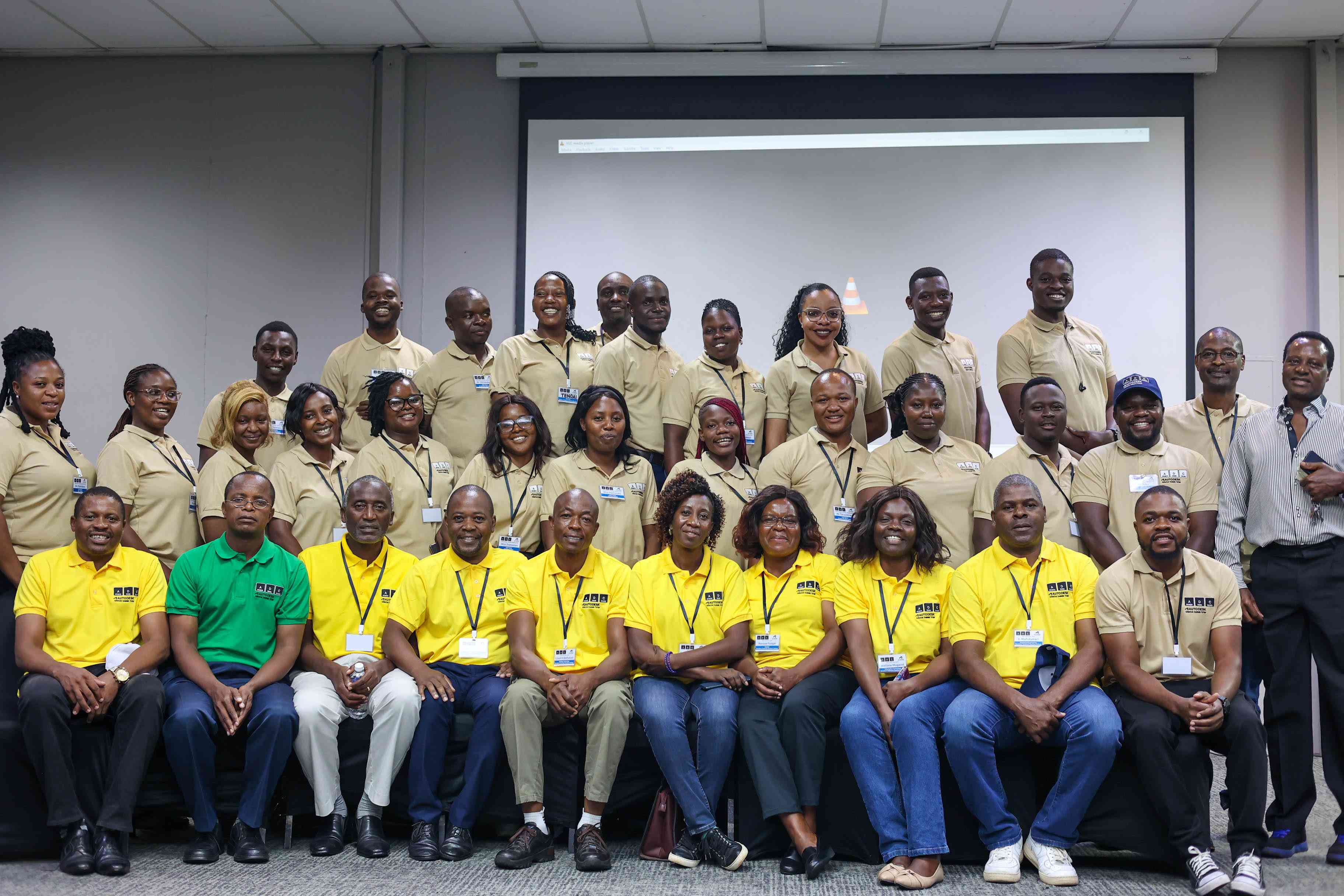
POACHING will remain a threat in the country’s vast game parks as long as there is a ready market for ivory and rhino horn, Zimbabwe Parks and Wildlife Management Authority (Zimparks) director-general Edson Chidziya said yesterday.
EVERSON MUSHAVA
Chidziya told the Parliamentary Portfolio Committee on Environment, Water, Tourism and Hospitality Industry, that poachers had developed sophisticated methods to evade arrest, although about 50 rhino poaching cases were pending at the courts.
“We are working with the judiciary to have deterrent sentences on poachers,” Chidziya said.
He said Zimbabwe was working with neighbouring countries to curb rhino poaching. He said poaching was a supply chain issue which involved many people right from sourcing to delivery, hence the need for co-operation with multiple stakeholders.
In 2008, Zimbabwe lost 84 rhinos, mostly to poaching, but the figures went down to 60 in 2012 and 20 in 2013, through close co-operation between Zimparks and the police.
He said most poachers worked in liaison with illegal syndicates from the Asian market where rhino horn is used as an aphrodisiac.
Referring to the cyanide poisoning in Hwange National Park which killed 105 elephants last year, Chidziya said it was a sad development in the history of animal conservation but he was happy that the situation was now under control.
- Chamisa under fire over US$120K donation
- Mavhunga puts DeMbare into Chibuku quarterfinals
- Pension funds bet on Cabora Bassa oilfields
- Councils defy govt fire tender directive
Keep Reading
He said Zimparks was working on the local ownership of game parks in line with the country’s indigenisation programme to ensure villagers have ownership of the wildlife.











